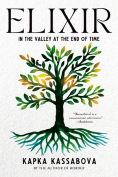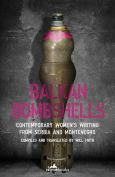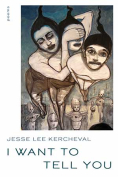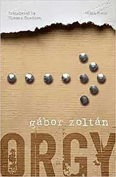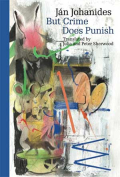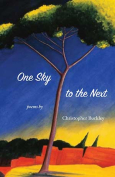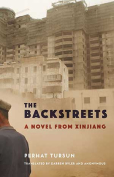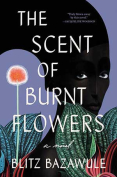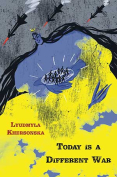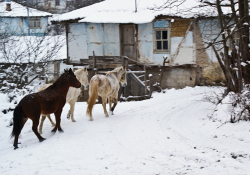Elixir: In the Valley at the End of Time by Kapka Kassabova
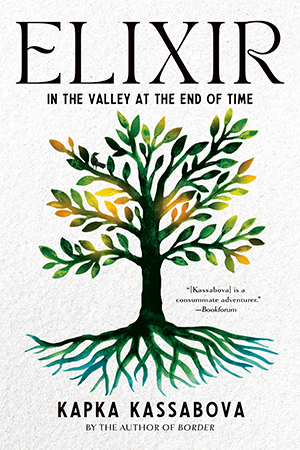 Minneapolis. Graywolf Press. 2023. 400 pages.
Minneapolis. Graywolf Press. 2023. 400 pages.
Elixir is the latest example of Kapka Kassabova’s knack for sensory and poignant nonfiction. Her previous books, Border and To the Lake, were two unforgettable adventures brimming with rich history and beautiful characters. Elixir marks another step forward as her most immersive and organic work yet.
This installment finds Kassabova back in the Balkans on the Mesta, an ancient river that’s a bastion for plant gatherers. There, community and wilderness grow into each other and are inseparable, like trumpet vine weaving around a steel gate. But this setting is far from ideal. The healers, herbalists, and storytellers that live in the valley bear a history of generational suffering.
Like her previous work, Kassabova isn’t a fly on the wall. Nor is she an invasive presence. Her prose isn’t made up of clinical interviews, bookended by drawn-out historical context, but down-to-earth experiences. Whether it’s gathering morels or just sipping coffee with locals, every chapter conveys the perfect balance of humor, tragedy, and—above all—reality. The novel’s structure is like an unfurling bellflower. Kassabova wastes no time capturing the region’s vast beauty, but it grows more rewarding and intricate as she lends her ear to more folk. Some strangers are loud and bombastic, while others are mindful and meditative. Regardless, all of them have a story to tell.
Some of Elixir’s most compelling interactions involve Metka, a chronicler with a missing finger. His perspective sometimes takes a grim turn, but his candor brings a gravity to the Mesta. Kassabova isn’t one for needless frolics. She doesn’t shy away from the strife that lies just beneath the lush mountainsides. “The Passage” is an extraordinary segment. A mystic leads travelers through a sacred cavern known for its healing properties. But Kassabova is less concerned with her process and more so with the myriad issues travelers bring to her. Refreshingly, the author injects no false sense of reverence into the sequence. Like the rest of the work, Kassabova’s observations are enough to make the recount harrowing.
Elixir may not have as strong of a hook as Border, but it doesn’t need it. Ultimately, the sum of its parts is greater than the whole. What starts as a brisk shower escalates to gripping, torrential writing that’s nearly impossible to put down. Like the Balkan flora, Kassabova’s prose grows more precious with time. And even if Elixir lulls for a few sparse moments, inevitably it blooms once more.
Daniel Bokemper
Oklahoma City



